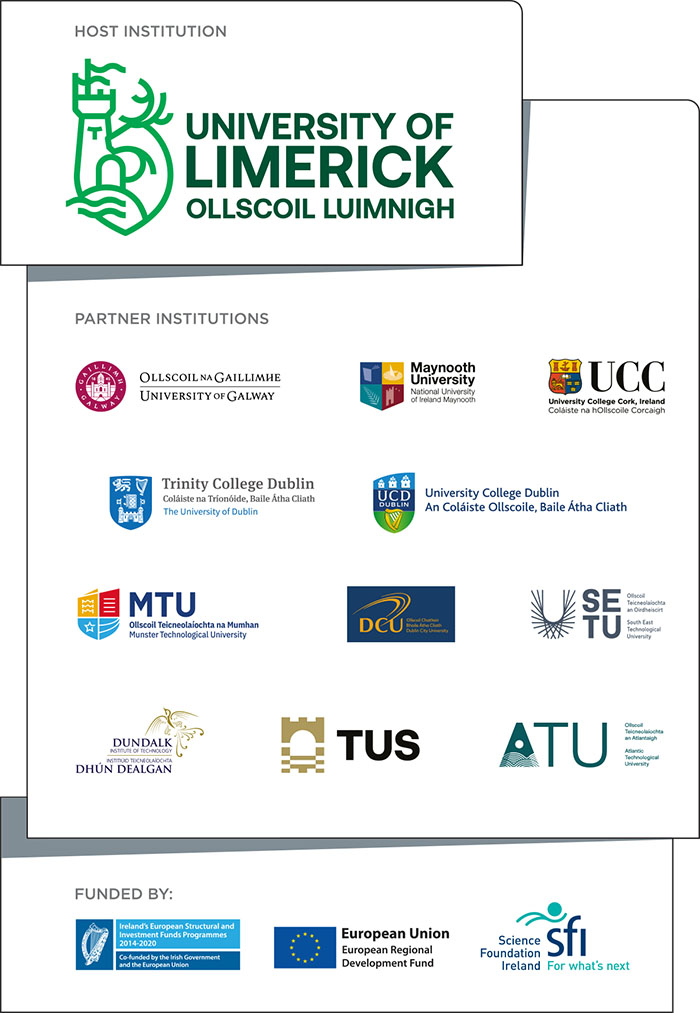New Software Process Improvement (SPI) Approaches:a multi-country perspective
You are here
New Software Process Improvement (SPI) Approaches:a multi-country perspective
Prof Ricardo Colomo Palacios

Abstract:
In recent years, Software Process Improvement (SPI) has emerged as the dominant approach for delivering improvements to the software product but also to the whole IT function. SPI initiatives have been around for many years with the growing globalization of software development is making them increasingly important. SPI is a systematic approach to increase the efficiency and effectiveness of a software development organization and to enhance software products (Unterkalmsteiner, et al., 2012). SPI dates back to the founding of the Software Engineering Institute (SEI) at Carnegie Mellon University in 1984 and the publishing of Watts Humphrey’s book Managing the Software Process.
Since then, many of the software development organizations have adopted several models and standards like ISO 9000 series of standards, ISO 15504, the Capability Maturity Model (CMM) and the Capability Maturity Model Integrated (CMMI) and more recently ISO/IEC 29110. SPI attempts to change how software professionals think and act in their everyday organizational activities. In this scenario, given the critical role software is playing nowadays, the overall software panorama have changed in deep. Aspects like DevOps culture, Cloud Computing and Global Software Development have impacted in the way software is developed, but also in the role and focus of SPI. The purpose is to focus on research and practical issues that have or could arise on the topic from an international perspective.
Profile:
Ricardo Colomo-Palacios, Full Professor at the Computer Science Department of the Østfold University College, Norway. Formerly he worked at Universidad Carlos III de Madrid, Spain. His research interests include applied research in software project management, people in software projects, business software, software and services process improvement. He received his PhD in Computer Science from the Universidad Politécnica of Madrid (2005).
He also holds a MBA from the Instituto de Empresa (2002). He has been working as Software Engineer, Project Manager and Software Engineering Consultant in several companies including Spanish IT leader INDRA. He is also an Editorial Board Member and Associate Editor for several international journals and conferences and Editor in Chief of International Journal of Human Capital and Information Technology Professionals.




